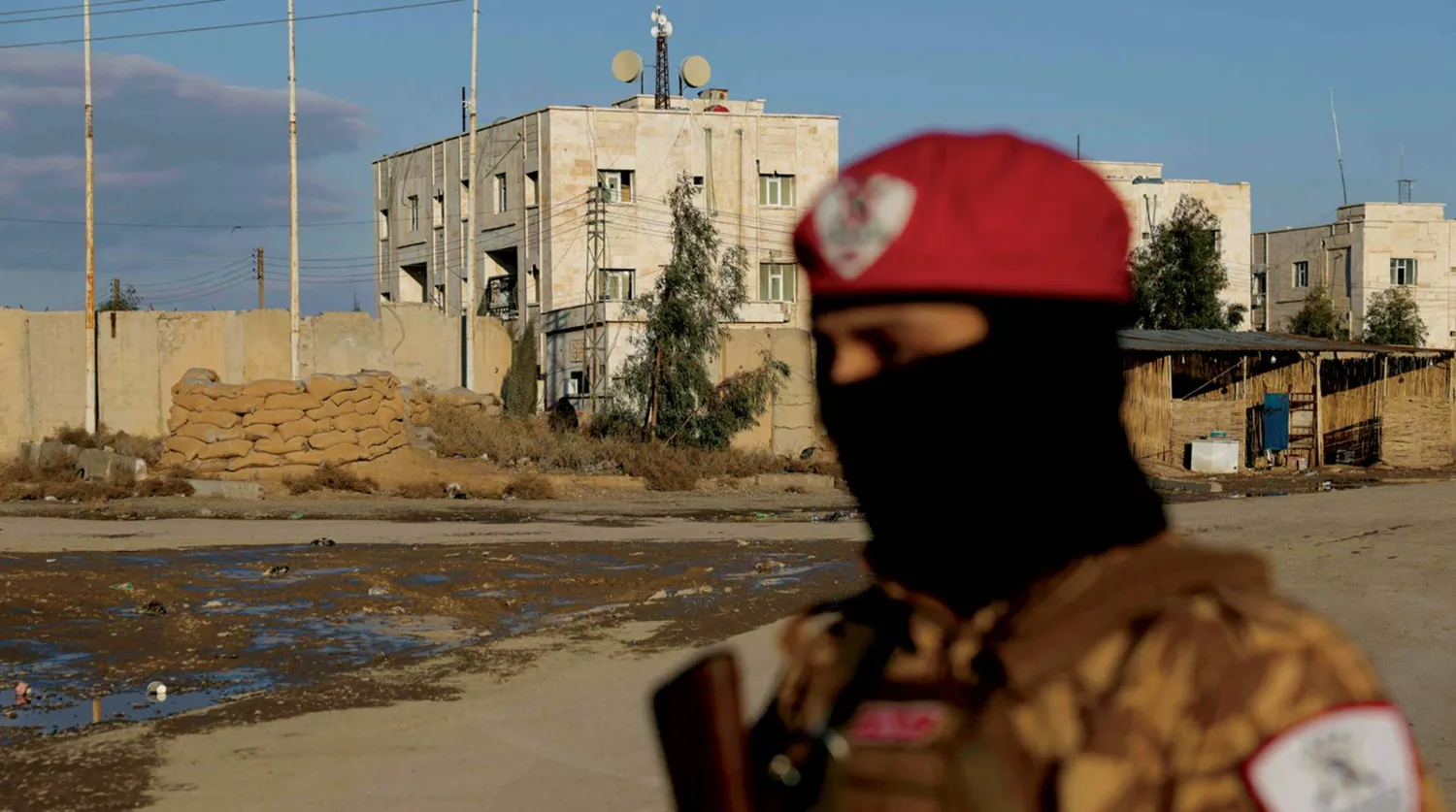A high-ranking Turkish delegation held talks in Baghdad on Thursday to plan a major military operation in northern Iraq against the Kurdistan Workers’ Party (PKK), according to Iraqi sources.
Turkish officials also discussed creating a “buffer zone” within Iraq’s borders.
Iraqi sources also revealed that political support could be provided for the operation in exchange for deals on water and energy resources.
Turkish sources suggested that the Popular Mobilization Forces (PMF) in Iraq might be involved in the operation.
Turkish Foreign Minister Hakan Fidan, Defense Minister Yasar Guler and intelligence chief Ibrahim Kalin attended the talks with their Iraqi counterparts.
Iraqi Foreign Minister Fuad Hussein hosted Fidan for discussions on countering terrorism.
According to a press release, they planned “political consultations.” The Iraqi embassy in Ankara stated that the Turkish delegation attended a security meeting focused on “counterterrorism cooperation.”
A Turkish Defense Ministry official mentioned discussions about “operations against the banned PKK in Iraq,” reported Reuters.
Ankara has stepped up cross-border actions against the PKK in northern Iraq, warning against further incursions.
The conflict was long fought mainly in rural areas of southeastern Türkiye but is now more focused on the mountains of northern Iraq's semi-autonomous Kurdistan region, where PKK fighters are based.
Iraq has previously protested these operations as violations of its sovereignty, but Ankara argues they are necessary for border protection.
Discussions are underway for turning areas with Turkish military bases in the Iraqi Kurdistan region into a “security corridor” covering PKK-active regions, including the Qandil Mountains, Iraqi sources revealed.
Officials at the Iraqi Prime Minister’s office declined to comment on the matter.
However, a leader in the “Coordination Framework” alliance said Baghdad and Ankara share common concerns about PKK risks, fearing its activity could impede development efforts.
Last week, Türkiye’s Defense Minister mentioned plans to establish a security belt in Iraq to tackle the PKK.









